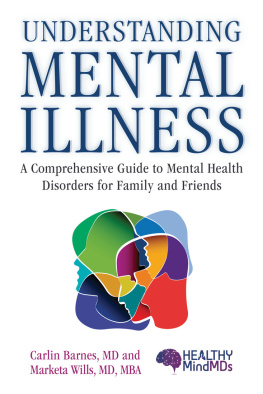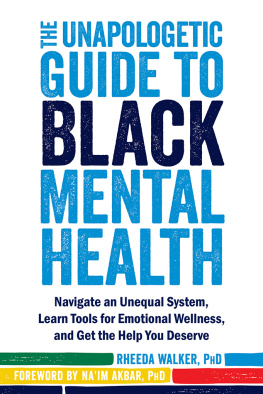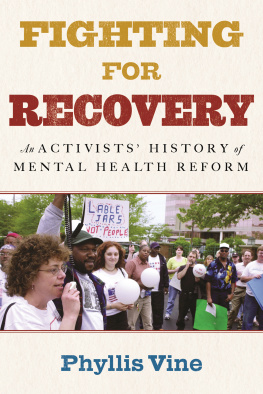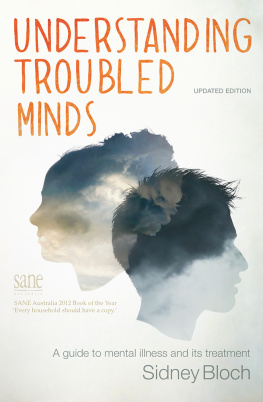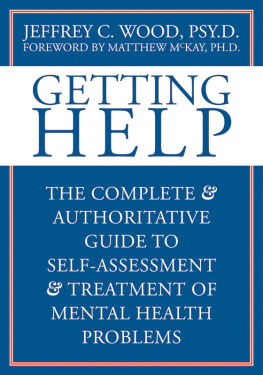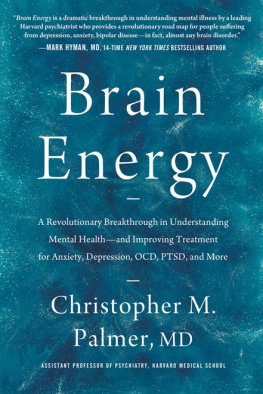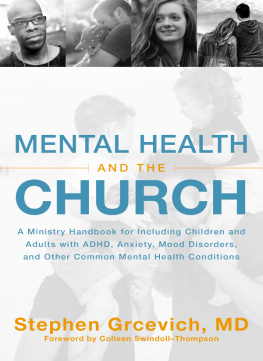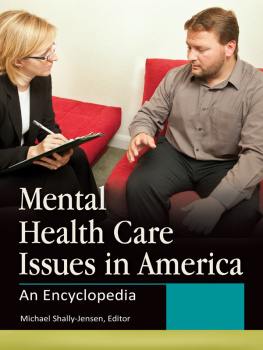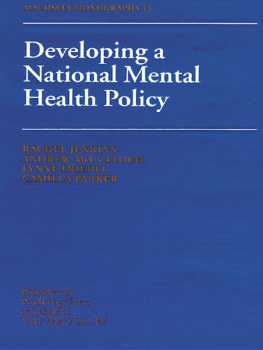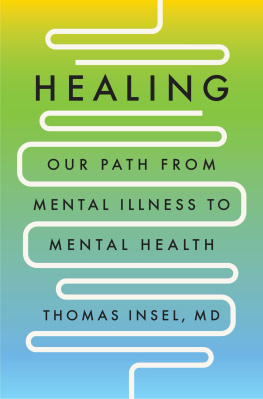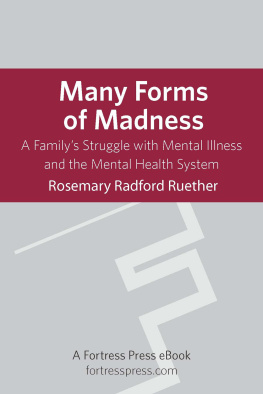


Copyright 2019 by Carlin Barnes and Marketa Wills
All rights reserved. No part of this book may be reproduced in any manner without the express written consent of the publisher, except in the case of brief excerpts in critical reviews or articles. All inquiries should be addressed to Skyhorse Publishing, 307 West 36th Street, 11th Floor, New York, NY 10018.
Skyhorse Publishing books may be purchased in bulk at special discounts for sales promotion, corporate gifts, fund-raising, or educational purposes. Special editions can also be created to specifications. For details, contact the Special Sales Department, Skyhorse Publishing, 307 West 36th Street, 11th Floor, New York, NY 10018 or .
Skyhorse and Skyhorse Publishing are registered trademarks of Skyhorse Publishing, Inc., a Delaware corporation.
Visit our website at www.skyhorsepublishing.com.
10 9 8 7 6 5 4 3 2 1
Library of Congress Control Number: 2019944853
Cover design by Daniel Brount
Cover image: Gettyimages
Print ISBN: 978-1-5107-4594-0
Ebook ISBN: 978-1-5107-4596-4
Printed in the United States of America
Contents
Introduction
E VERYONE HAS A STORY, INCLUDING the reason (or reasons) why that person chooses their occupation. Sometimes its for money; sometimes its for recognition. Often, people do what they do because it gives them a great sense of self-fulfillmenta feeling that they are achieving what they were put on Earth to accomplish. Many enter a particular profession because its the best way they know how to give something back to a community in which they have some sort of vested interest.
Practitioners in the field of psychiatry run this full gamut of reasons. But there are also a number of other prevalent factors that you will see in most behavioral health professionals. First and foremost, we believe, is an innate sense of curiosity about humanity as a wholeand on a more micro level, about each individual human being. What makes people behave as they do? What makes them tick? This is part of the foundation of psychiatry: a driving inquisitiveness through which we are afforded the opportunity to tap into another persons thoughts, feelings, and experiences in order to help that person live a more whole and fulfilling life.
The next factor is an overwhelming desire to connect with people on a very real and personal level. This is not for any sort of personal gain, but to help them, in turn, connect more fully with themselves as well as with their families, friends, employers, coworkers, and so on. While mental health begins with an individual, it has the potential to affect everyone in that persons life and the relationships between them, so the approach to treatment must be holistic.
The list of characteristics of those in the psychiatric field could go on and on. It is complex work. This business of dealing with other peoples thoughts and feelings, and how those thoughts and feelings are influenced by the chemical makeup of their brains, can be complicated. It takes a certain sort of individual to pursue this line of work. So, why do we do what we do? And what makes us think its so important? Allow us to introduce ourselves by way of an explanation and to tell you a little about our purpose in writing this bookand why we believe you should read it.
Dr. Carlin Barnes
For as long as I can remember, I have always been interested in the why of human behaviors, and I can trace this back to a very specific time in my life that put those wheels in motion. When I was about five years old, my aunt and uncle, both alcoholics, got into a brawl that turned violent. She ended up killing him and going to prison. In her absence, and with her husband gone, there was no one to care for their ten children, so they were sent to live with various family members. My little familyjust my parents and me at the timetook in my twin cousins, both of whom suffered from several emotional problems, including speech delays, undiagnosed ADHD, and severe anxiety symptoms. My parents did the best they could for them, even seeking professional psychiatric help and getting them on psychotropic medications. None of this was discussed openly. The entire process was quite secretive; mental illness, in my family as in so many others, was seen as a shameful condition and something to be minimized, denied, or shunned.
Yet it affected all of us. My father worked long hours to support us all, and my mother was overburdened by the enormous task of caring for my cousins because of their special emotional needs. In turn, I was put in a sort of parental role, filling in where my parents, for reasons they could not entirely control, fell short. It was a difficult time, a hardship for us all precipitated by my cousins behaviors. This time in my life was the catalyst for my interest in human behaviors and the impact of mental illness on individuals and families. I saw and experienced firsthand the devastating impact that illnesses such as alcoholism and mood disorders can have on ones lifenot only for the individual, but for everyone the individual loves.
Though there have been additional highlights in my life that have led me to my love for the field of psychiatry, this introduction to mental illness at a young and impressionable age had the most significant impact. Due, I believe, to those early experiences, I went into medicine with the intent not just to treat patients, but to really listen to them and develop beneficial, therapeutic relationships with them. Toward this end, I have amassed a wealth of clinical experience. The groundwork for my current clinical practice was laid as I graduated from some of the finest institutions and programs in the country. I have a BA in psychology with a focus on premed studies from the University of Virginia, and I attended the Texas A&M College of Medicine, graduating with an MD. I completed a residency in adult psychiatry at the Cambridge Hospital, a Harvard Medical School-affiliated program. I also completed a fellowship in child and adolescent psychiatry at Emory University School of Medicine. I am certified by the American Board of Psychiatry and Neurology in both adult psychiatry and child and adolescent psychiatry, and I am a member of the American Academy of Child and Adolescent Psychiatry, the National Medical Association, and the Black Psychiatrists of America.
Currently, I have fifteen years of clinical posttraining practice experience. Ive practiced in several community mental health center settings in Texas and Georgia and provided psychiatric services within the juvenile forensic system. Ive been in private practice since 2008 in Houston, working with children, adolescents, and adults. I commonly see and treat a myriad of psychiatric conditions, including ADHD, depressive disorders, anxiety disorders, autism spectrum disorders, and adjustment disorders. Recently, I have stepped into the position of a behavioral health medical director at a Fortune 500 managed-care insurance company. Due to my passion for this field, I often speak on mental health topics at community and civic organizations and events such as church groups, sorority events, and community forums.
Dr. Marketa Wills
As a student in medical school, I worked with many different kinds of patients. The purpose of these rotations is to help the student choose which field of medicine they would like to enter. For me, at the end of it all, it came down to two choicesemergency medicine or psychiatrythe two areas that I had found suited me the most. I liked the immediacy of working in the emergency room and the variety of issues and illnesses I got to treat; there was never a boring minute, and I learned something new every day.
Next page
